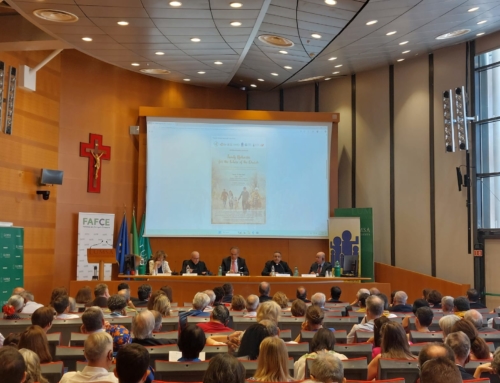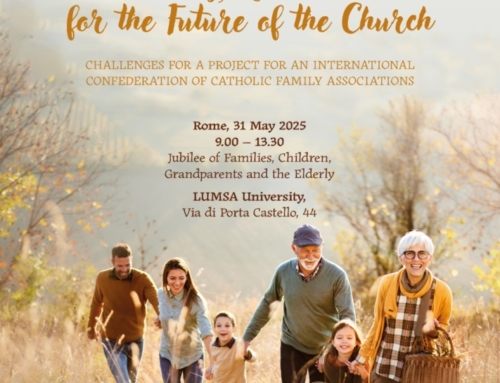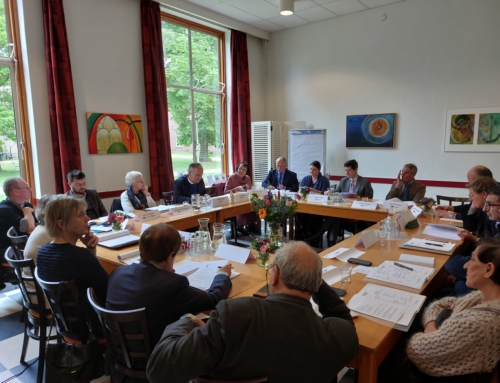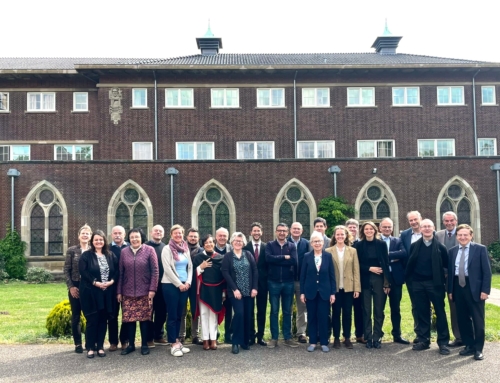1st October 2021,
On the 21st of September 2021, FAFCE organised its 4th FAFCE Dialogue on demographic challenges in Europe. After meeting online with the Hungarian and Italian Ministers for family and the Vice-President of the European Commission on Democracy and Demography, FAFCE was this time in Ljubljana, to meet with Janez Cigler Kralj, Slovenian Minister of Labour, Family, Social Affairs and Equal Opportunities.
FAFCE President, Vincenzo Bassi, stressed that, with these FAFCE Dialogues “the idea is to try to create a common sense of demographic challenges. These challenges must be the priority of the EU as a whole. Yet we can only reach this goal if we depart from the communities and the countries. Only if you understand the needs of the community you will be able to speak about the family. It is important to apply the subsidiarity principle. Without families, you cannot have communities and without communities we cannot have any future for Europe”.
This dialogue was organised in the context of the Slovenian Presidency of the European Union, which introduced “the need to counter negative demographic trends in the EU” as one of the key priorities of its six-month program. As Minister Janez Cigler Kralj stated, “demographic challenges and the demographic winter in Europe represent one of the biggest issues that the EU is facing in the current decade. Our population, European and Slovenian, is aging. Data show that in 2020 more than 1/3 of the EU population was aged 65 and more”. “We are only starting to feel and accept that something will have to be done, because otherwise all the subsidies of the European Union will fall apart. We can see some Member-States already investing in demographic and family policies. I think they are good role-models for other countries.”
How to address those demographic challenges? Minister Janez Cigler Kralj recalled that “We can address them in different ways, with the combination of different measures, on aging, migration and sustainable work.” More specifically on sustainable work, family time becomes today a key challenge that needs to be addressed by family policies: “There is no time to spend together with your spouse, partner and children, and that could be another problem for the next decade.”
FAFCE President Vincenzo Bassi echoed to this element with the crucial question of the isolation and the loneliness of many families. “Family associations know that more than the lack of job, there is a problem of loneliness. The solution lies within the family and the networks of families, through family associations, who help the family not to be alone”. “But what about the women? – he asked to Minister Janez Cigler Kralj – “Mothers cannot be left alone”.
The Minister replied that “This “joyful responsibility”, as you said Mr. Bassi, is one of the ways for our future. The key lies in the quality of the relationships between men and women. I experienced how important is it to have preventive preparations to prepare men and women together on their partnership. It is of a great importance to support women to feel their freedom of having children, combining work and family, and see their career options.”
Watch again the FAFCE Dialogue :







